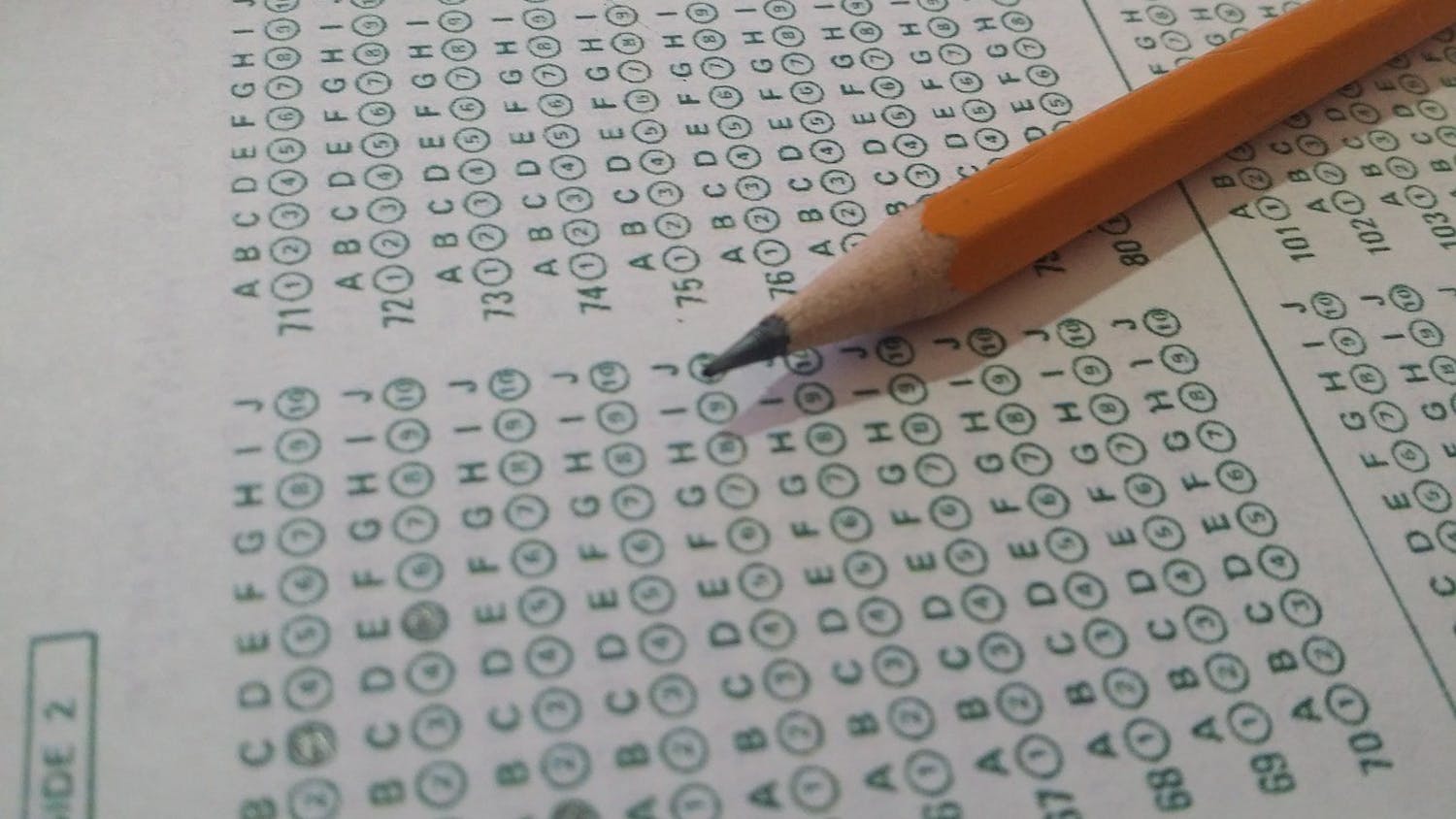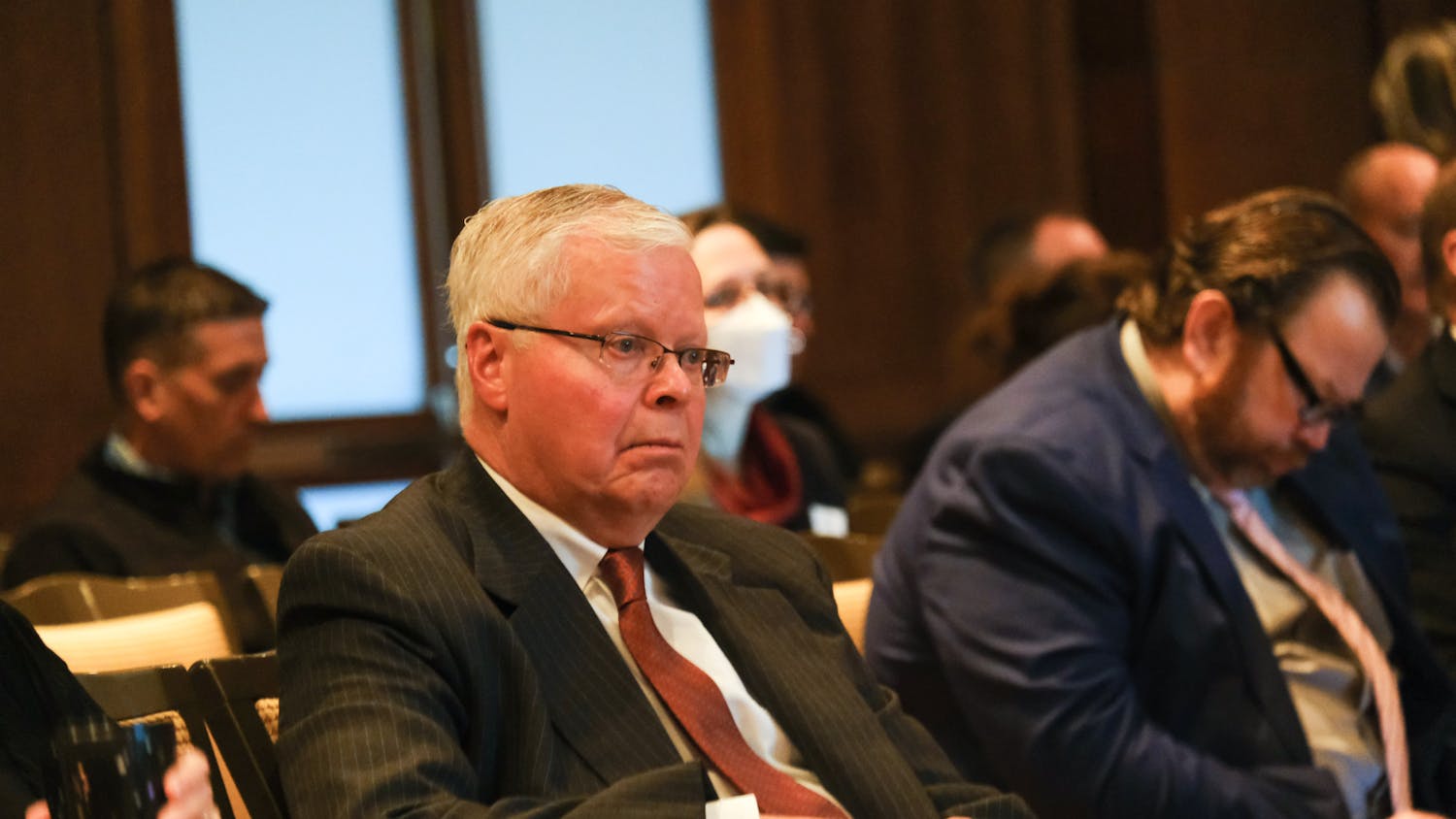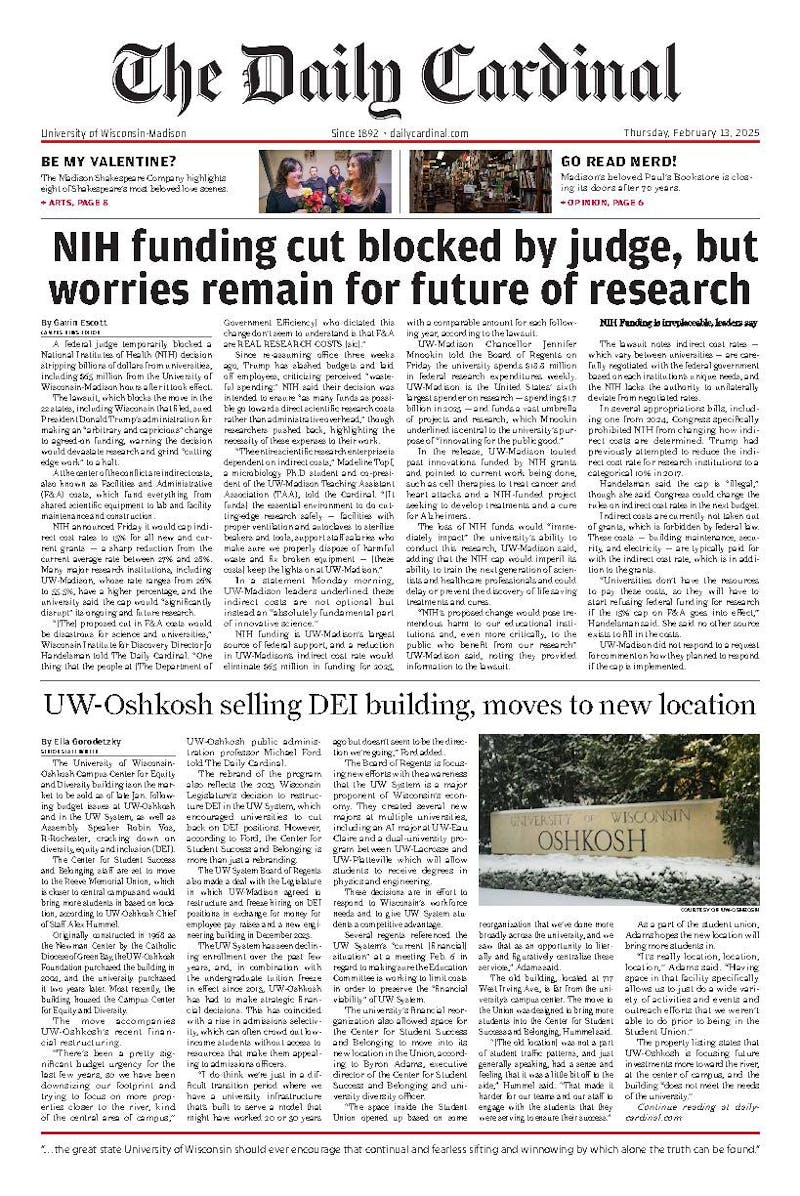Assembly Speaker Robin Vos, R-Rochester, condemned race-centered diversity, equity and inclusion (DEI) at a Center for Research on the Wisconsin Economy event Wednesday. He instead advocated for conservative voices to be uplifted at the University of Wisconsin-Madison.
Vos said he wants to implement “intellectual diversity,” which would ensure at least one conservative faculty member in every school at UW-Madison. He said intellectual diversity is equal to racial and gender DEI.
“How is it different rejecting somebody based because they're African American or because they're an immigrant? It is no different,” Vos said at Wednesday’s event.
Intellectual diversity could help manage the social and political rejection conservatives face at UW-Madison, Vos said. He added that having a different viewpoint, particularly a conservative stance, is the only “allowable discrimination” on campus due to partisanship.
Vos said the liberal majority in the student body perpetuates conservative rejection at UW-Madison. While Wisconsin has been a consistent swing state for most recent presidential elections, Vos said Madison has a 80% liberal student body that is “totally unrepresentative” of the rest of the state.
In previous years, Vos has said that DEI is a “religion for the left,” making the initiative a partisan issue. He has consistently opposed DEI efforts, formerly withholding funding from UW System in 2023 until cuts were made.
These actions align with the new Trump administration’s DEI roll backs. The White House under President Trump has deemed DEI programs, like affirmative action, “radical and wasteful.”
“I do not believe in racial affirmative action,” Vos said.
Rather than being a racial problem, Vos claimed the Native American student minority at UW-Madison was because of poverty or inaccessible resources. He said it’s a “disservice to the entire country” to only focus on racial diversity.
Native Americans make up 1% of the student body at UW-Madison. In-state students enrolled in one of the federally recognized tribes in Wisconsin get full tuition covered from the Wisconsin Tribal Education Promise, which is privately funded.
Vos further denounced the continual recognition of the Indigenous land UW-Madison is built on, claiming it only creates more racial tension by making people feel bad for “the fact that a mistake was made 500 years ago that we can't correct.”
UW-Madison recognizes the Indigenous land Madison is built on. The university “respects the inherent sovereignty of the Ho-Chunk Nation” after years of ethnic cleansing and colonization. The land acknowledgement and tribal tuition funding are seen as reparations and a partnership between the tribes and the state.
Vos insisted there is no point to Indigenous recognition because “we’re not going to give the land back” to the Native Americans, despite the support for reparations.
Race is “the only thing that matters in an awful lot of programs” at UW-Madison, Vos said. According to him, addressing tribal land and racial diversity overall only creates “destruction and division in society.”






